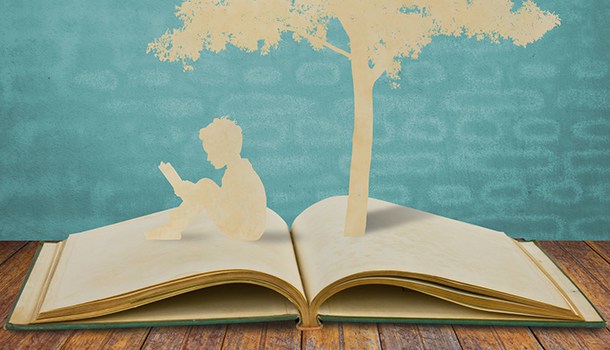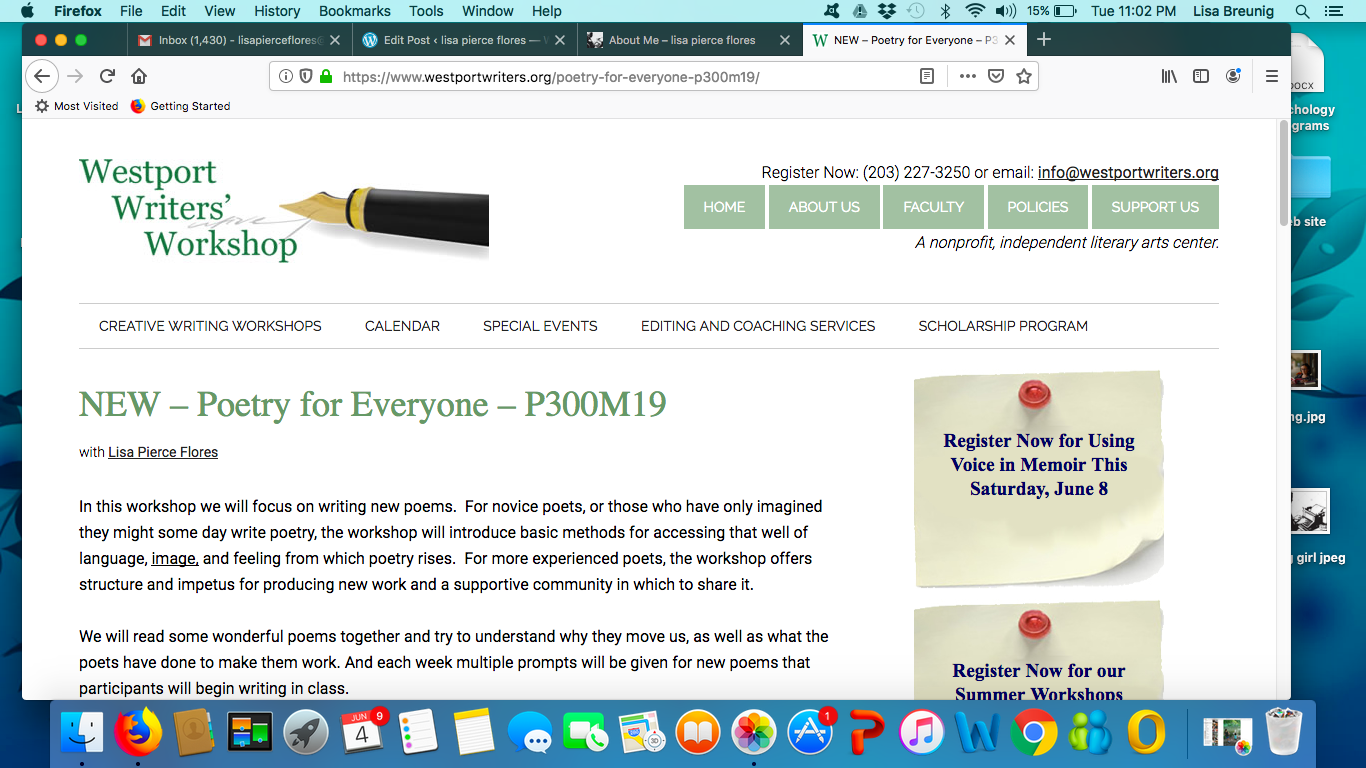
To paraphrase W.H. Auden, in the wake of COVID-19 there’s a silence that’s washed over the suburbs of Fairfield County. It’s eerie and awful, and were we allowed to travel in these days of national quarantine, we would surely be met with its echo in every city and rural county, on every quiet highway and empty country road, across our own country and throughout the world.
The humans are hibernating and the quieter murmur of the natural world reigns. Meanwhile, the noise of political rhetoric, amplified by social media, is as loud and bewildering as it’s ever been. These past few weeks, I’ve found myself getting lost in both extremes. Confronted by longer stretches of silence, we become attuned to the music of nature – the tap of rain against thawing ground, a faint sound of creaking as the wind bends a nearby tree. Snapping on the television to watch press conferences and catch up on the latest safeguards for my family’s health on 24-hour news channels, I’m confronted with a feeling of historical vertigo. The auspiciousness of this moment is apparent, but how do I make sense of it when I am living it? How do any of us?
Poetry doesn’t provide answers, but it gives us – at least it has always given me – a language for expressing and understanding the uncertainty of the present moment. On May 2, from 10 a.m. to 1 p.m., I’ll be leading a virtual workshop, “Accessing Your Inner Poet,” designed to help participants read and connect to some wonderful contemporary poetry and generate poems of their own.
My hope is that this workshop, hosted by Westport Writers Workshop, will provide a space to make some sense of what we’ve all been experiencing in this unusual time of trauma and uncertainty. And yet, I recognize the seeming flippancy of touting a poetry workshop in an affluent suburb in the midst of a pandemic that’s hitting communities of color particularly hard, that’s exacerbating already historic disparities in health outcomes between rich and poor, that’s placing healthcare workers and retail employees at risk, that’s pushing thousands of Americans out of the workforce and into poverty, and that’s betraying the weakness of an already frayed social safety net.
As a cancer survivor I am at greater risk than many. I have relatives who are healthcare workers. I am currently caring for and home-schooling my special needs child without the help of many of the doctors, therapists and resources he needs to thrive. Even as I recognize that I have not been as directly affected by the virus or the economic downturn as many others, that I am not sick or grieving, that I am not homeless, incarcerated or experiencing food insecurity, I also know that I am experiencing trauma. If we are conscious and paying attention, we all are: we are worried about loved ones; we are grieving; we are falling ill or recovering from illness; we are unable to make sense of the frailty of the body and the capriciousness of contagion.
Perhaps no era is uneventful. Perhaps every generation feels as if it stands at the center of a whirlwind of event and consequence. I certainly feel as if my adulthood has consisted of a succession of momentous and traumatizing world events and paradigm-altering occurrences. It is in times like these, when we are confronted by events that sew confusion and chaos, that we most need poetry.
In his book, “The Music of Time: Poetry in the Twentieth Century,” John Burnside explains that poetry “nourishes us, it contributes to our grieving and our healing processes, it gives focus to our loves and to our fears, allowing us to sing them, at the back of our minds, in a deliberate and disciplined transformation of noise into music, of grief into acceptance, of anger at pointless destruction into a determination to save at least something of what remains.” We are living through the history of an especially painful moment. We feel it. And confronted by its trauma, it is easy – too easy – to fall into the trap of looking for solace in the banality of false aphorisms: “it could be worse,” “this too shall pass,” “everything will work out in the end.” They form themselves as easily as weeds, filling the awkward pauses of our conversations. They are as unsatisfying as they are unconvincing. Even as we utter them, we recognize their falseness.
Poetry, with its savage honesty, its ability to express beauty and pain and solace simultaneously, can provide a more satisfying and deeper container for our grief and confusion. Percy Shelley observed that, “poetry lifts the veil from the hidden beauty of the world.” Lately, it seems that history is working hard to expose this hiddenness as well. Suddenly homebound, we have been afforded a rare glimpse of what the world might be, what it might sound like, without the cacophony that has characterized modern humanity.
For once, we humans have been forced to clear the roads, shelter in place and exit the spotlight. Meanwhile, the rest of creation has emerged from the periphery, demanding overdue attention. For the artist, for the writer, for anyone seeking the solace that comes from understanding our relative unimportance and impermanence, it is a gift worth contemplating.











